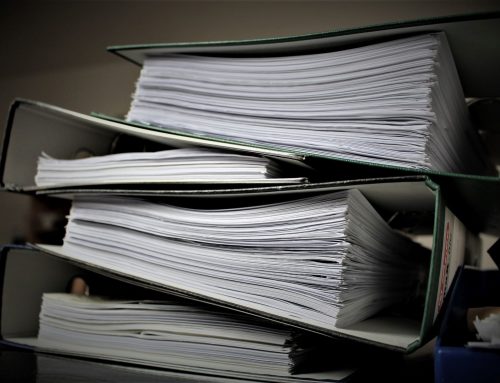Tax Court Decision on Experts at Trial
Canadian Imperial Bank of Commerce v. H.M.Q. 2018 TCC 248
Summary
This recent decision addresses a party’s ability to have more than the five permitted experts testify at trial. The Court reviewed the relevant legal test and denied the Appellant’s motion to have seven experts testify at trial.
Background
The main issue in the underlying appeal is the deductibility of expenses totaling $3 billion incurred by CIBC. CIBC incurred these expenses to settle legal claims relating to the bankruptcy of Enron Corporation. Most of the amount at issue was paid to settle lawsuits in which CIBC and several of its affiliates were defendants, and the remainder was attributable to payments of interest and legal fees connected to those settlements.
This is an interlocutory decision of the Court, rendered when CIBC sought leave to call more than the maximum number of experts prescribed by the Tax Court of Canada Rules (General Procedure)(“Rules”) at an upcoming trial.
Law
Subsection 145(4) of the Rules states that a party must seek leave to call more than five experts at trial, and that such leave must be sought pursuant to Section 7 of the Canada Evidence Act. Subsection 145(5) states that in deciding whether to grant leave, the Court should consider all relevant matters, including:
a) the nature of the proceeding, its public significance and any need to clarify the law;
b) the number, complexity and technical nature of the issues in dispute; and
c) the likely expense involved in calling the expert witnesses in relation to the amounts at issue.
In this decision, the Court identified a high standard in prior jurisprudence, indicating that leave would not be granted lightly.
It is important to note that Section 7 of the Canada Evidence Act only restricts the number of experts in respect of each issue, and not the whole trial (Fagnan v. Ure [1958] SCR 377; R. v. Higgins (1979) 28 NBR (2d) 20 (C.A.).
Nature of the Proceeding, its Public Significance and any Need to Clarify the Law
To be publicly significant, a Tax Court case would have to affect a large number of taxpayers or engage the interests of society as a whole. The Court found that the issues to be resolved at this trial carried no real public significance. In fact, the Court stated that Tax Court appeals are private disputes which will not, normally, carry public significance. The Court also found that “need to clarify the law” is meant to refer to something extending beyond the immediate dispute between two particular parties. The application of the transfer pricing rules to settlement payments will generally be a fact-specific exercise, and so cannot be said to clarify the law in any broader sense.
Number, Complexity and Technical Nature of the Issues in Dispute
The Court found that the technical nature of the dispute did not militate in favour of allowing additional experts to testify. CIBC intended to call four experts on the transfer pricing issue alone. The Court found that the norm was to call one or two transfer pricing experts, and that there has never been a case where more than three transfer pricing experts had been called. Ultimately, the Court found that this particular set of appeals did not differ significantly from the norm.
Expense Involved in Calling the Expert Witnesses in Relation to the Amounts at Issue
As the Court correctly identified, this is simply a proportionality test. More at issue would notionally warrant calling more experts. Here, the amount at issue is approximately $3 billion, and CIBC submitted that the costs of additional experts would pale in comparison to that amount. This factor would favour granting leave to CIBC to call more than the maximum number of experts allowable under the Rules.
Disposition
The Court denied the motion. CIBC is not permitted to call more than five experts at trial. An interesting part of the judgment relates to the Appellant’s submission that the potential for evidentiary duplication is not something the Court should consider in its analysis for the purposes of a 145(5) motion. The Court disagreed, finding that it was in fact entitled to assess whether duplication would occur should multiple experts be allowed to opine on the same issue, and that duplication would indeed be an issue the trial judge would be faced with if this motion were allowed. CIBC’s position was that since the transfer price did not apply to a good or service, the analysis was different and thus required more expert evidence. The Court accepted this argument, but found that since the Respondent only intended to call one expert on the transfer pricing issue (versus the four by CIBC), CIBC was trying to win by sheer numbers.
Finally, the Court issued a strong warning to the public that any motions for leave to have additional experts testify should be brought before the reports themselves are served.




